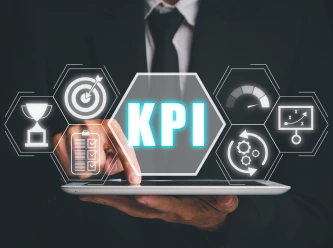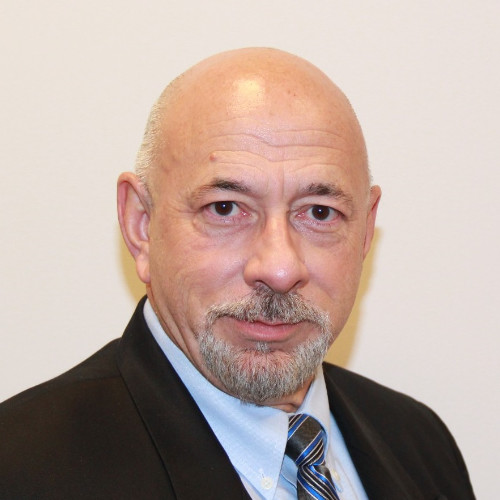- Platform
- About us
- Resources
- Events
WhiteSpace Health Blogs

Best Practice KPIs
by Mark Anderson
Creating and measuring your hospital and associated physician practice overall RCM performance is necessary to insure you have the best RCM process that maximizes reimbursement by controlling and eliminating “revenue leakage”. To obtain a strong and effective RCM program, you must measure your performance and have access to the right reports at the right time. Well run RCM models usually start with effective and quantified key performance indicators (KPIs). A key performance indicator is a quantifiable measure of performance over time for a specific strategic objective. Hospital and physician executives and RCM managers use KPIs to judge the effectiveness of their efforts and make better informed decisions. KPIs represent performance against strategic goals. And by goals, we mean specific business financial outcomes, such as clean claim rates or days in accounts receivables per payer per month.
Track What Matters
The KPIs you should track must measure what matters–the strategic objectives that will help you reach the high-level financial goals of your organization. Next, get the right tools in place to know the “why” behind your KPIs. Here are the seven steps for developing the right KPIs.
- Clearly define your KPIs and how you calculate each KPI. For example, is the numerator based on gross charges or cash collections? Is your clean claim rate based on the percentage of claims coming out of the billing systems without errors or claims accepted by the payer via the clearinghouse?
- Define how your KPIs will be used and track the numbers over time so that you can see trends. Select KPIs that staff can use to achieve their goals and strategies.
- Write SMART KPIs. The most effective KPIs follow the proven SMART formula: Specific, Measurable, Attainable, Realistic and Time-bound. Some examples include, “Grow charges by 5% per quarter.” or, “increase clean claim rates by 6% per quarter.” or, “Decrease denial rates by 7% per quarter”.
- Keep KPIs crisp. Everyone in your organization should understand your KPIs to build organizational alignment and actions. When people understand how they’re performing against a clear goal, they can make decisions that will move the needle in the right direction.
- Ensure a mix of lagging and leading KPIs. Lagging indicators help you understand results over a specific period such as claim denials over the last 30 days. Leading indicators help you forecast what might happen based on data. This allows you to adjust and improve financial outcomes and performance.
- Know the “why” behind your KPIs. Pick an analytics or BI tool that allows you to create interactive visualizations and dashboards based on your KPIs, not just Excel sheets. The tool you select needs to allow exploration, analysis, and management of the data behind your KPIs directly within the dashboard itself.
- Stay alert and act quickly. Modern analytics and BI tools make it easy for you to set up data driven, real-time alerts based on your KPIs. These alerts help you quickly respond to changes in your business. The best tools go further by enabling your key applications to work with your analytics and trigger automated, event-driven actions based on KPI changes.
- Having the right hospital and physician office KPIs are important so that you can measure your overall RCM process and performance over time. However, before we get to in depth on KPIs, be sure to identify the specific RCM reports that drive all the KPIs.
Click here to download the essential KPIs.
Standardized KPIs for measuring overall performance overtime.
